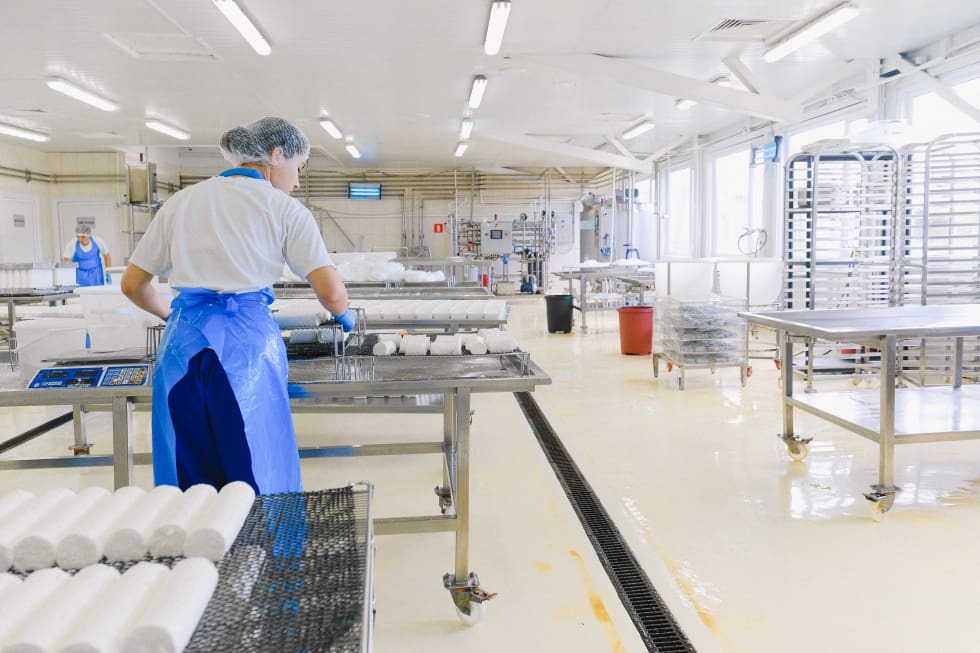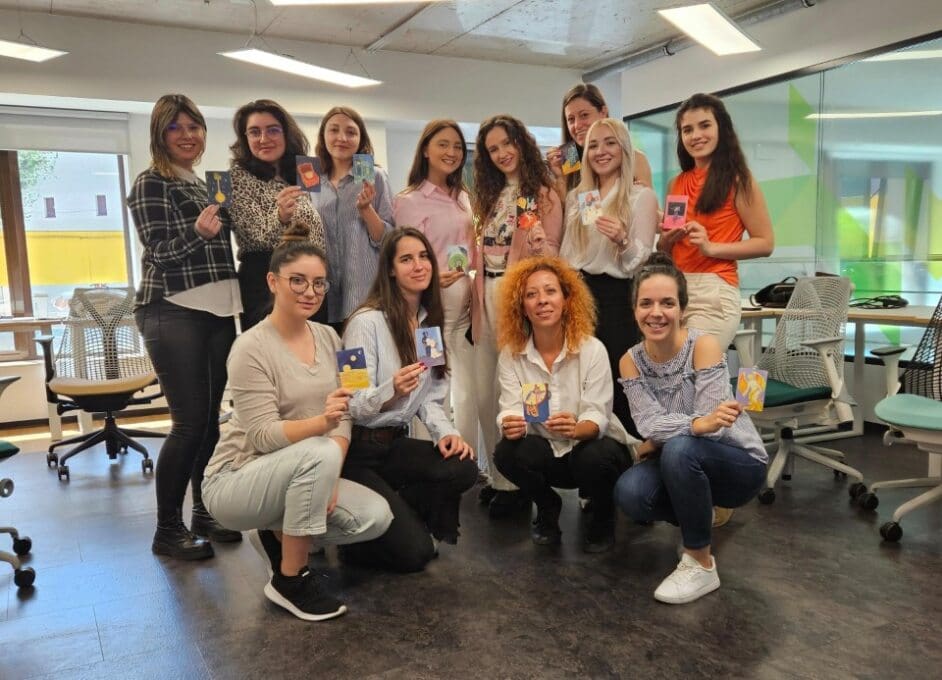SoTecIn: connecting people
How does technology intersect with community collaboration to tackle pressing societal and environmental issues? Enter SoTecIn Factory, a dynamic collaborative initiative with a mission to enhance the sustainability and resilience of European industries. At its core, SoTecIn Factory seeks to confront the inherent shortcomings of existing industrial models, which pose challenges both from a social and ecological perspective. Its innovative approach hinges on the integration of green and circular technologies into a novel framework that places community collaboration at its very heart.
- Impact Hub Network
- Alberto Masetti-Zannini
At the end of the 20th century, a mobile phone company had conquered Europe and the world from its icy birthplace using a marketing slogan that was as captivating as untrue: “Connecting People”. But technology is only as good as the people who use it. All we have to do is look at today’s bus stops or restaurants – people bent over their phones and tablets, not a word exchanged with their friends or neighbours – to realise just how empty that slogan really was.
Technology can be divisive, true, but it can also be life-saving and world-changing, and offer brilliant solutions to the most intractable problems we face today. Especially when the people developing these solutions have been truly connected not to satisfy a phone company’s shareholders, but to redesign the world economy before it destroys the planet (and us with it).
Such is the case of the communities Impact Hub has been building across Europe as part of an EU-funded project entitled SoTecIn Factory. The project is a collaborative environment “aimed at improving the resilience and sustainability of European industry by supporting a community of mission-oriented SOcial innovators and connecting them to TEChnology providers and INdustrial companies”. So-Tec-In.
In simple yet profound terms: to enhance the circularity of key product value chains and promote a culture of social innovation within European businesses.

But what does that mean in practice? And how is Impact Hub essential to the success of the initiative?
SoTecIn Factory’s approach rests on the observation that our current industrial models are unsustainable, both socially and ecologically. Suppose we want to redesign the value chains at the heart of these models. In that case, green/circular technology can offer a huge opportunity, but only if it is embedded in a new model that has community at its heart.
Harnessing the power of collaboration to drive systemic transformation, SoTecIn focuses on four pivotal value chains outlined in the EU Circular Economy Action Plan: Packaging, Plastics, Textiles, and Food, water, and nutrients. Through a strategic blend of technological advancement and social entrepreneurship, it seeks to implement circular economy strategies like Refuse, Rethink, Reduce, Reuse, Repair, Refurbish, and Remanufacture.
Central to its success are the seven Regional Hubs, which serve as hubs of innovation, bringing together stakeholders from industry, academia, NGOs, and the public sector. Together, they design and steward shared missions, setting the stage for social innovators to tackle pressing challenges with their creative solutions.
In this case, the community is represented by the different stakeholders of a particular industrial sector – farmers and business leaders, activists and academics – very different from each other, and yet bound together by a defining mission that will transform a whole industrial sector. In Italy, like in the Netherlands, the missions are all about textiles, while in Portugal and Spain, food takes centre stage.
These missions, crafted through a bottom-up approach, direct efforts towards strengthening the resilience and sustainability of European value chains. From inclusive entrepreneurship to fostering new business models and nurturing a new generation of socially conscious entrepreneurs, the impact of SoTecIn Factory resonates far beyond the confines of its walls.

Arriving at this consensus wasn’t easy, but building diverse communities and helping them co-create solutions within their cities and countries is our bread and butter. We have been doing that since Impact Hub opened its doors in London in 2005.
In the case of SoTecIn, our teams of expert facilitators worked with these communities until they could trust each other enough to formulate their missions – and alongside them – several concrete challenges, which another Impact Hub community – the 25,000 social innovators and social entrepreneurs we support globally every day – is well placed to respond to.
But perhaps most impressive are the tangible results achieved by SoTecIn Factory. Through rigorous selection processes, it has identified 50 ventures poised to make a difference, offering them up to 100k in funding each, totalling an impressive 3.3 million euros. These ventures span a diverse array of industries, each armed with the tools and support needed to drive meaningful change.
Looking ahead, the legacy of SoTecIn Factory extends far beyond monetary figures and statistical achievements. It lays the groundwork for a future where industry and society converge, where innovation thrives, and where sustainability is not just a goal but a way of life.
Unleash your impact potential today
Join our free global membership for the latest news, resources, and inspiring stories of entrepreneurial impact. Sign up now and ignite your journey towards making a difference.
You also might like

Empowering women entrepreneurs: insights from CAPSULE 2024 Bootcamp
Empowering women entrepreneurs: insights from CAPSULE 2024 Bootcamp

Celebrating artists tackling social and environmental issues
Celebrating artists tackling social and environmental issues

